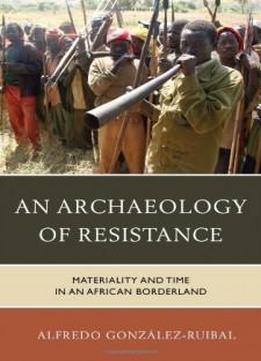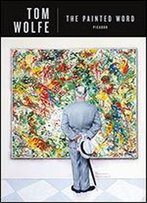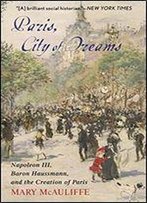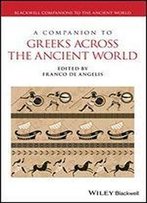
An Archaeology Of Resistance: Materiality And Time In An African Borderland (archaeology In Society)
by Alfredo González-Ruibal /
2014 / English / PDF
7.8 MB Download
An Archaeology of
Resistance: Materiality and Time in an African Borderland
An Archaeology of
Resistance: Materiality and Time in an African Borderlandstudies the tactics of resistance deployed by a variety of
indigenous communities in the borderland between Sudan and
Ethiopia. The Horn of Africa is an early area of state formation
and at the same time the home of many egalitarian, small scale
societies, which have lived in the buffer zone between states for
the last three thousand years. For this reason, resistance is not
something added to their sociopolitical structures: it is an
inherent part of those structures—a mode of being. The main
objective of the work is to understand the diverse forms of
resistance that characterizes the borderland groups, with an
emphasis on two essentially archaeological themes, materiality and
time, by combining archaeological, political and social theory,
ethnographic methods and historical data to examine different
processes of resistance in the long term.
studies the tactics of resistance deployed by a variety of
indigenous communities in the borderland between Sudan and
Ethiopia. The Horn of Africa is an early area of state formation
and at the same time the home of many egalitarian, small scale
societies, which have lived in the buffer zone between states for
the last three thousand years. For this reason, resistance is not
something added to their sociopolitical structures: it is an
inherent part of those structures—a mode of being. The main
objective of the work is to understand the diverse forms of
resistance that characterizes the borderland groups, with an
emphasis on two essentially archaeological themes, materiality and
time, by combining archaeological, political and social theory,
ethnographic methods and historical data to examine different
processes of resistance in the long term.











